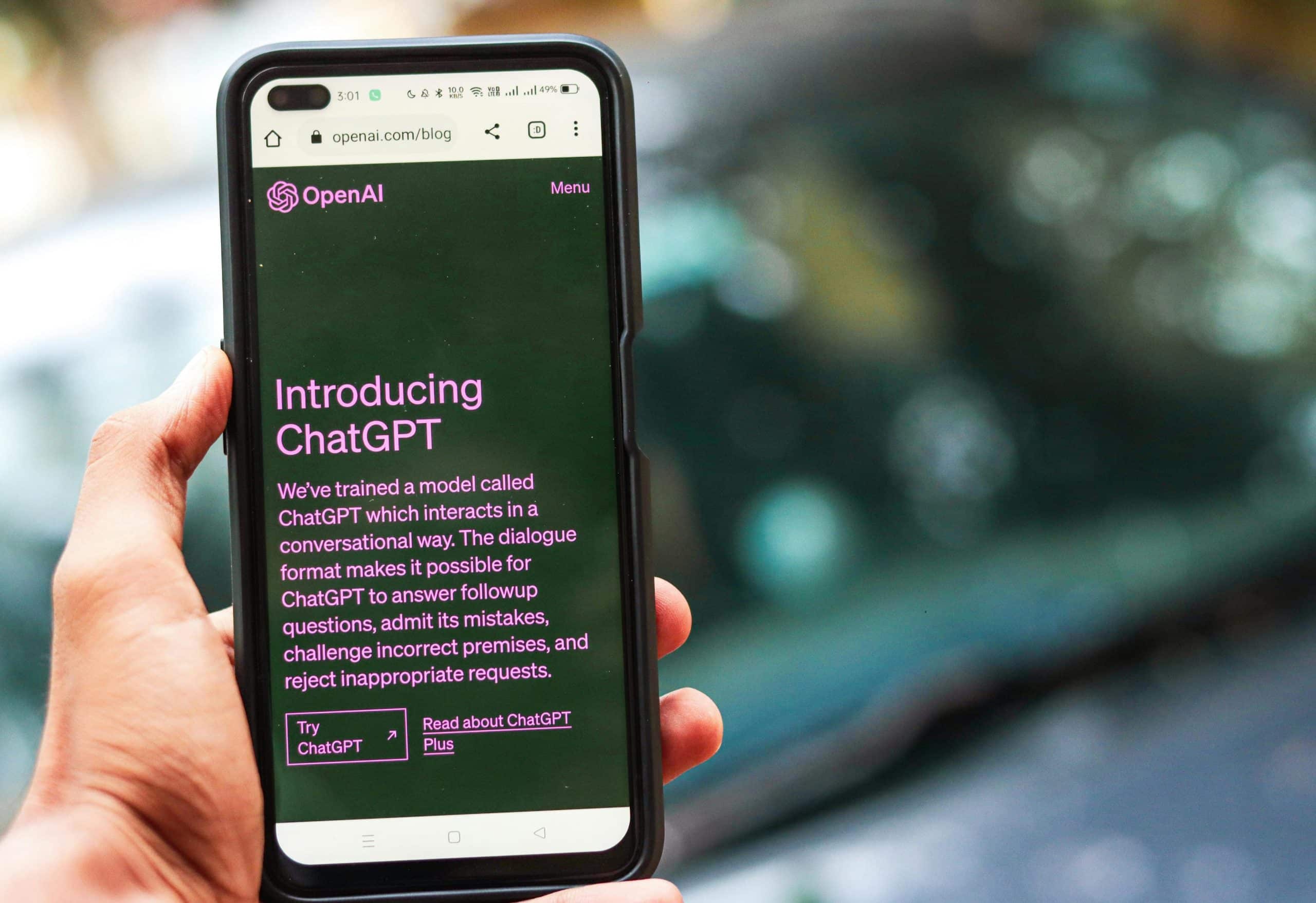How to Integrate Chatbots into UK Insurance Firms for Enhanced Customer Service?

The advent of chatbot technology is revolutionising the way businesses interact with their customers. The insurance industry is not exempt from this digital transformation. In the UK, insurers are harnessing the power of chatbots to streamline customer service, process claims swiftly and provide a seamless customer experience. Let’s delve into how UK insurance firms can integrate chatbots for improved customer interaction.
The Role of Chatbots in Insurance
Chatbots, a form of conversational Artificial Intelligence (AI), are programmed to simulate human-like conversations. They can understand and respond to customer queries in real-time, without human intervention. The potential of chatbots in the insurance industry is vast.
A lire en complément : What Are the Best Sustainable Sourcing Practices for UK Fast Fashion Alternatives?
Chatbots can handle multiple customer queries simultaneously, reducing wait times and providing customers with immediate responses. They can simplify the claim process by guiding customers through the steps, clarifying doubts and even initiating the claim. All these activities can help in enhancing the customer’s experience, thereby fostering customer loyalty.
Chatbots can also collect and analyse data on customer behaviour and preferences, helping insurers make informed decisions about their products and services. Moreover, chatbots can function 24/7, providing round-the-clock support to customers, which is not feasible with human customer service.
A lire aussi : Streamlining trading across calais border in customs compliance
Integrating Chatbots into Customer Service
Integrating chatbots into the customer service process of an insurance firm is not a random activity; it requires a strategic approach. To start with, insurers need to identify the areas where chatbots can be most effective. Customer support, policy information dissemination, and claim initiation are some areas where chatbots have proven beneficial.
Once the areas are identified, insurers should develop chatbots that are capable of handling the tasks. The chatbots should be designed to understand and respond to customer queries accurately. They should be equipped with machine learning capabilities to learn from customer interactions and improve their responses over time.
Another critical aspect is to integrate the chatbot seamlessly into the existing customer service channels. The transition should be smooth, and customers should be informed about the new technology and its benefits. It’s also important to provide an option for customers to connect with human customer service representatives if they wish.
Leveraging Chatbots for Claim Management
One of the key areas where chatbots can bring significant improvements is claim management. The claim process can be time-consuming and confusing for customers. Chatbots can simplify the process and make it more transparent.
Chatbots can guide customers through the claim initiation process, provide information on the required documents, and even help in filling out claim forms. They can also provide real-time status updates on claims, reducing the need for customers to call customer service for updates.
Chatbots can also use data analytics to detect fraudulent claims. They can analyse patterns in claim data and flag any discrepancies for further investigation. This not only saves time for the insurer but also enhances the customer’s trust in the claim process.
Enhancing Customer Experience with Chatbots
Customer experience is a key differentiator in the competitive insurance market. Chatbots can play a crucial role in enhancing the customer experience by providing personalised, convenient, and swift service.
Chatbots can provide personalised product recommendations based on customer data. They can also offer personalised advice on policy terms and conditions, making the policy selection process easier for customers.
Convenience is another aspect where chatbots score over human customer service. Customers can interact with chatbots at their convenience, without having to wait for business hours. They can get their queries resolved instantly, leading to higher satisfaction levels.
Finally, chatbots can reduce the time taken to resolve customer queries and process claims. They can take over routine tasks, freeing up human customer service representatives to handle complex queries. This results in faster resolution times and improved customer satisfaction.
In summary, integrating chatbots into the customer service process can bring significant benefits to UK insurance firms. They can enhance customer service, streamline claim management, and improve the overall customer experience.
Streamlining the Insurance Process with Chatbots
The inclusion of chatbots in insurance companies can drastically improve the efficiency of the entire insurance process. From policy selection to claim settlement, every step can be enhanced with the help of chatbots.
Firstly, chatbots can help in policy selection. With the information provided by customers, insurance chatbots can provide personalised suggestions of insurance policies. This takes into account the unique needs and circumstances of the customer. This not only saves the customer time but also ensures they get a policy that suits their needs best.
Secondly, in claim settlement, chatbots can take over the role of human agents to a large extent. They can guide customers, step-by-step, to fill out claim forms correctly. They can also provide updates about the status of the claim, reducing the need for customers to get in touch with customer service.
Lastly, insurance chatbots can handle the task of reminding customers about their policy renewals and premium due dates. They can also answer queries about the policy terms and conditions. This round-the-clock service provides a significant boost to customer satisfaction.
Insurance companies stand to benefit as well. With chatbots taking over routine tasks, human agents can focus on more complex tasks that require human judgement. This can enhance the effectiveness and productivity of the entire team.
The Future of Chatbots in the Insurance Industry
As we look ahead, the role of chatbots in the insurance industry is only set to expand. With advancements in machine learning and artificial intelligence, chatbots will become more sophisticated and capable.
There is potential for chatbots to become virtual assistants, capable of providing comprehensive customer support. They could handle all customer interactions, from initial enquiries to claim settlement. This level of service could significantly enhance the customer experience.
Moreover, with the advent of natural language processing, chatbots will become more human-like in their responses. They will be able to understand and respond to customer queries more accurately and efficiently.
In conclusion, the integration of chatbots into the customer service strategy could be a game-changer for UK insurance firms. The benefits are numerous – improved customer service, streamlined operations, and better customer satisfaction. As the insurance industry continues to evolve, embracing this technology could be a key step towards staying competitive in the market. For both insurance companies and their customers, the future with chatbots looks bright.
